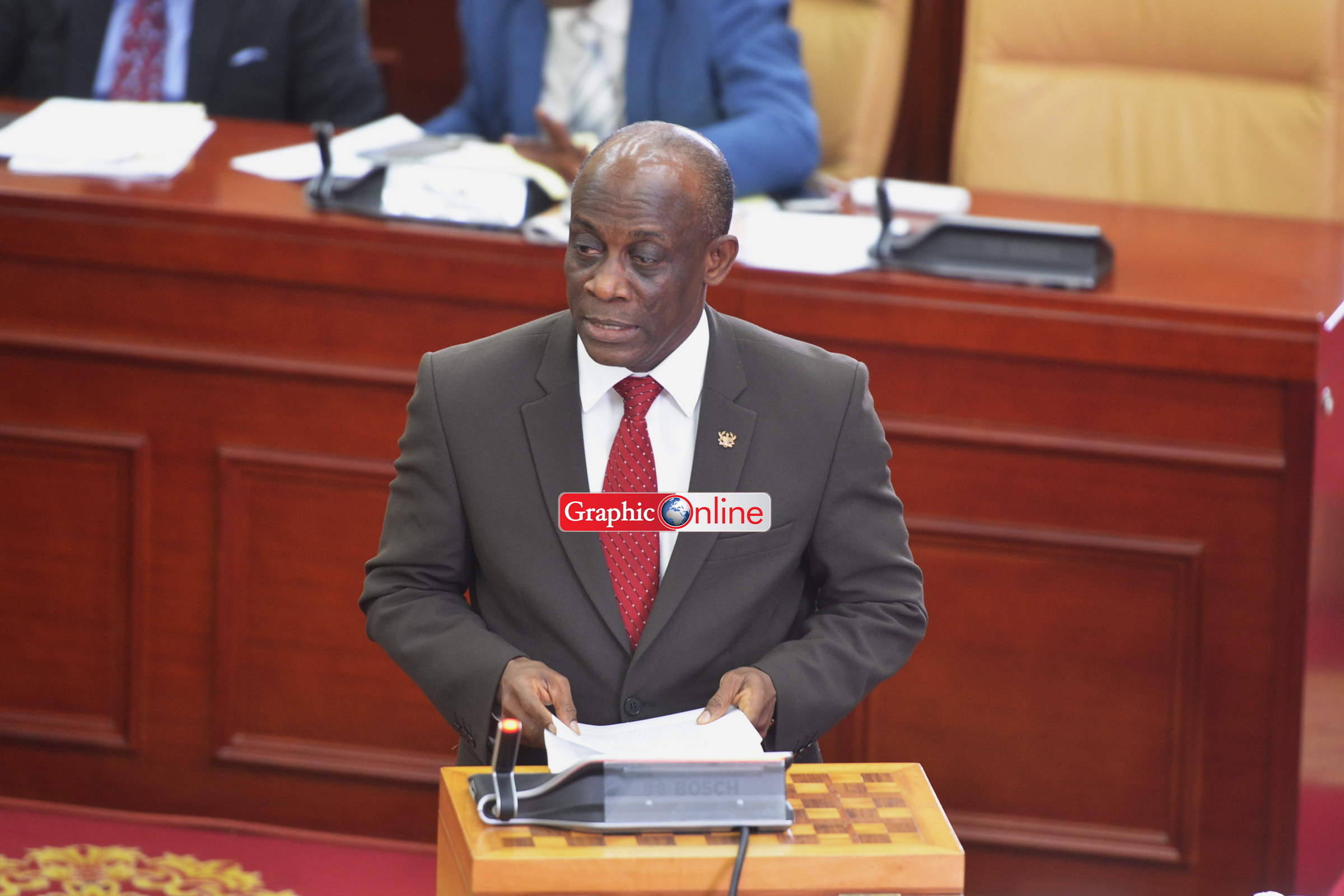
Trust to mobilise more funds to help implement social protection policy
A trust is to be established to provide an opportunity to mobilise funds largely from outside the Consolidated Fund, to help with the implementation of the Ghana National Social Protection Policy (GNSPP) over the next 15 years.
The trust, christined Social Protection Trust (SPT) is also to facilitate transparency and accountability in the process of encouraging complementary resources and funding.
As stated in the GNSPP document, the trust shall be professionally managed with proceeds viably invested, while it provides a one-stop facility for organisations and individuals to contribute to social protection.
Spending on poverty-reduction activities
The Minister of Finance, Mr Seth Terkper, announced in parliament that the spending on poverty-related activities were government expenditures incurred on the activities of ministries, department and agencies (MDAs) and metropolitan, municipal and district assemblies (MMDAs) which were considered to be poverty related and had, each year, supported the provision of basic education, primary health care, poverty-focused agriculture, rural water, feeder roads and rural electrification.
“Total government spending on pro-poor activities for 2016 is estimated at GH¢8,754.13 million, representing 22.67 per cent of GH¢38,611.44 million total government expenditure. Out of a total budget for 2015 of GH¢34,402.43 million (which excludes tax expenditures and foreign-financed capital expenditures), an amount of GH¢7,594.34 million, representing 22.08 per cent was earmarked for poverty-reduction activities. By the end of September, 2015, a total of GH¢5,290.87 million had been spent, representing 24.18 per cent of the total government expenditures of GH¢21,884.32 million,” he said.
For 2016, GH¢2,511.70 million is projected to be spent on “Other Poverty” and this represents 6.51 per cent of total government expenditure.
He said GH¢1,263.46 million was spent on other poverty-related activities, representing 5.78 per cent of total government expenditure at the end of the first three quarters of 2015.
The other poverty expenditure include spending on social welfare, public safety, drainage, human rights, environmental protection, rural housing, legal aid and decentralisation.
The GNSPP
Launched recently in Accra, under the theme, “Social Protection as a Tool for Ensuring Equal Opportunities for all in Ghana,” the policy provides a framework for delivering social protection coherently, effectively and efficiently in a holistic and properly targeted way.
It defines social protection (SP) for Ghana as “a range of actions carried out by the state and other parties in response to vulnerability and poverty, which seek to guarantee relief for those sections of the population who for any reason are not able to provide for themselves.”
Ghana has implemented several programmes with SP prospects. A National Protection Strategy was developed in 2007 and revised in 2012.
A Social Protection Rationalisation study conducted in 2013 established the need for a holistic GNSPP and a cabinet approval in 2014 tasked the Ministry of Gender, Children and Social Protection (MoGCSP) with strategic oversight and development of such a policy.
The sector minister, Nana Oye Lithur, said the policy provides a good opportunity to demonstrate action on Ghana’s endorsement of the Sustainable Development Goals (SDGs), the United Nation’s agenda for post 2015.
She said the short-term focuses on being rehabilitative, restorative, protective and facilitating.
“This will include the implementation of five flagship programmes, namely, the Livelihood Empowerment Against Poverty (LEAP), the Labour Intensive Public Works (LIPW), the School Feeding Programme (SFP), the National Health Insurance (NHI) Exemptions and the Basic Education Capitation Grants,” she said.
Financing the GNSPP
The government has the main responsibility for ensuring the effective and consistent social protection delivery through financing from the public sources.
The policy envisages adequate provision for social protection in the national budget from the consolidated fund. Consequently, a social protection planning and budgeting shall be integrated into the multi-year budgeting and performance management frameworks.
Economic context
Ghana experienced significant economic growth over a decade with Gross Domestic Product (GDP) growth rates ranging from 4.0 per cent to 15.0 per cent between 2005 and 2013.
Its growth prospects in the long term are estimated at four to six per cent per annum. However, there are indications that the benefits of economic growth and poverty reduction are unequally distributed across the nation, across gender and across economic quintiles.
Again evidenced in the Ghana Living Standards Survey six report (GLSS), an estimated 5.2 per cent of Ghanaians are unemployed with the rate higher among urban dwellers. — GB